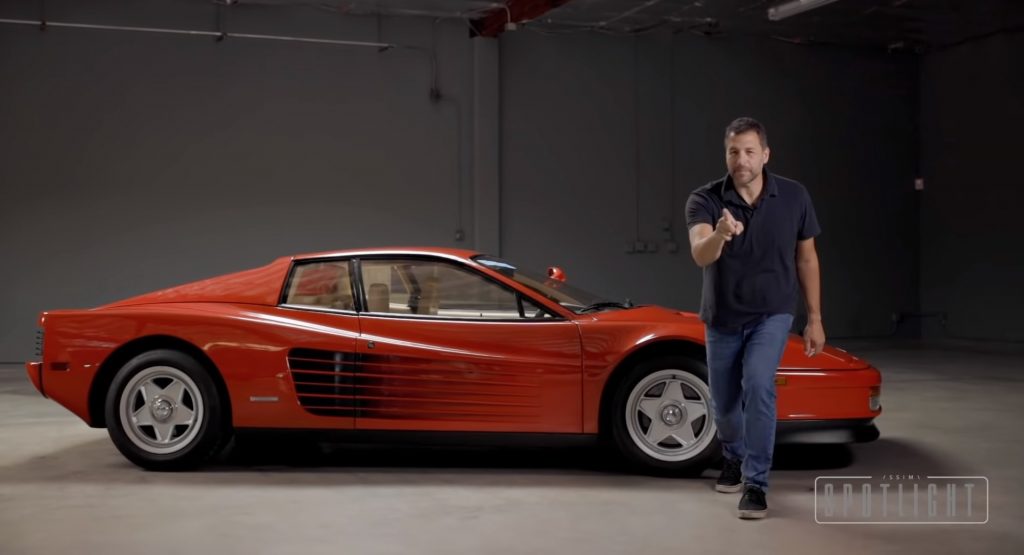The Ferrari Testarossa is perhaps the most iconic poster car from the 1980s, dominating a whole era of performance cars but in reality, it was never engineered to be a razor-sharp, canyon-munching supercar.
Jason Cammisa of Issimi explains in his latest video why the Testarossa is one of Ferrari’s most misunderstood models. In a nutshell, that’s because despite its extreme supercar looks, the Testarossa was actually a very fast luxury GT.
Watch Also: Countach And Testarossa Drag Race Will Make You Want To Relive The ’80s
Nevertheless, straight-line performance was spectacular for its era thanks to its 4.9-liter, dry-sump flat-12 engine that put out 385 HP. The 0-60 mph (0-96 km/h) sprint was a matter of around 5 seconds, with the top speed estimated at 180 mph (290 km/h).
So the Testarossa looked like a superstar and went like a bat out of hell, but the driving experience proved to be more muffled than that of its sharpest competitors, giving it a certain reputation. However, if you see it as a luxury grand tourer, the Testarossa is actually a magnificent car.
The Testarossa replaced the 365 GT/4 BB in Ferrari’s range, addressing most of the criticisms fired at the direction of Maranello’s first flat-12 model. The proportions changed dramatically, with the Testarossa not only gaining 2 inches in its wheelbase but also 6 inches in width.
That was because Ferrari had to make room for the cooling system, which was moved to the rear of the car, addressing the media’s complaints about the 365 BB’s heat-soaked cabin and allowing a very usable luggage space upfront.
Perhaps the most iconic feature of the Testarossa are the side grilles that cover almost the entire length of the doors. According to Cammisa, these were put there in order to comply with US regulations and not as a design statement.
It’s no wonder that Ferrari went back to the front-engine setup for its 12-cylinder GTs once the later 512 M was retired, as that conflict between looks and the actual driving experience proved to be an unnecessary compromise.




